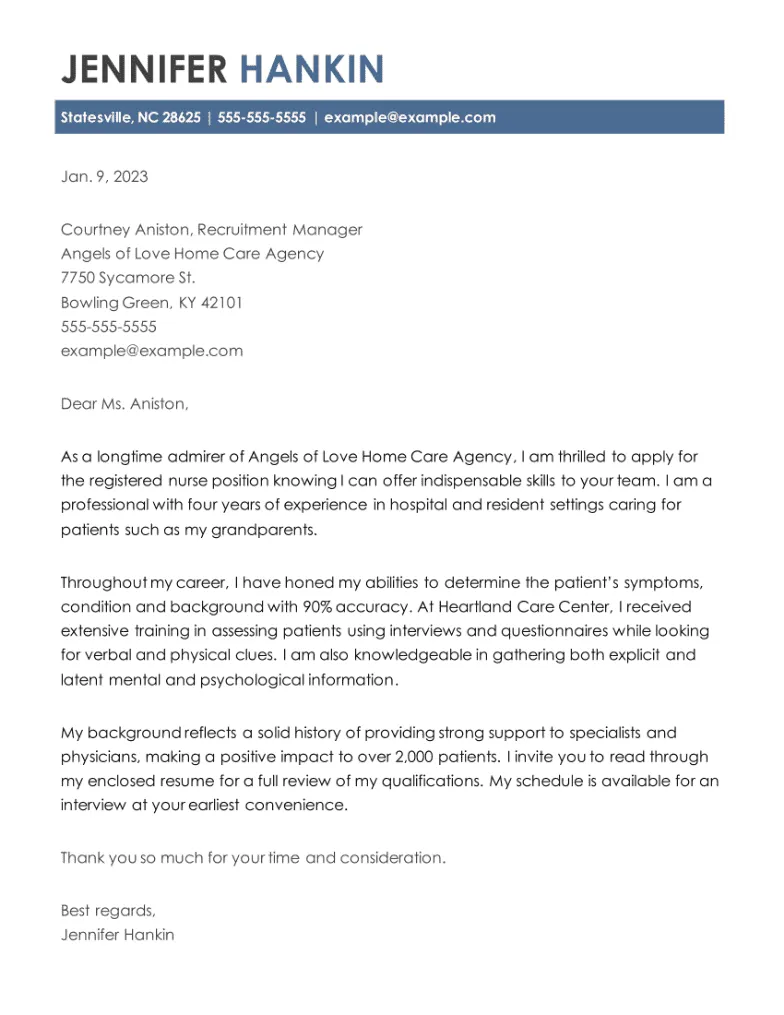What is a Cover Letter and Why is it Important?
A cover letter is a crucial document that accompanies your RN resume when applying for nursing positions. It serves as your introduction to the hiring manager and provides an opportunity to highlight your qualifications, skills, and experiences in a way that a resume alone cannot. Unlike a resume, which is a factual summary of your career, a cover letter allows you to express your personality, articulate your career goals, and demonstrate your enthusiasm for the specific role and healthcare facility. It’s a chance to make a strong first impression and differentiate yourself from other applicants. A well-written cover letter can significantly increase your chances of getting an interview.
Key Components of a Winning RN Cover Letter
A winning RN cover letter comprises several key components that work together to create a compelling narrative. These elements include your contact information, a professional greeting, a concise introduction, a body that highlights your relevant skills and experiences, an expression of your passion for nursing, a tailored approach to the specific job and facility, and a strong closing. Each section plays a vital role in conveying your suitability for the position and encouraging the hiring manager to consider you for an interview. Let’s delve into each of these sections in more detail.
Contact Information Your Professional Introduction
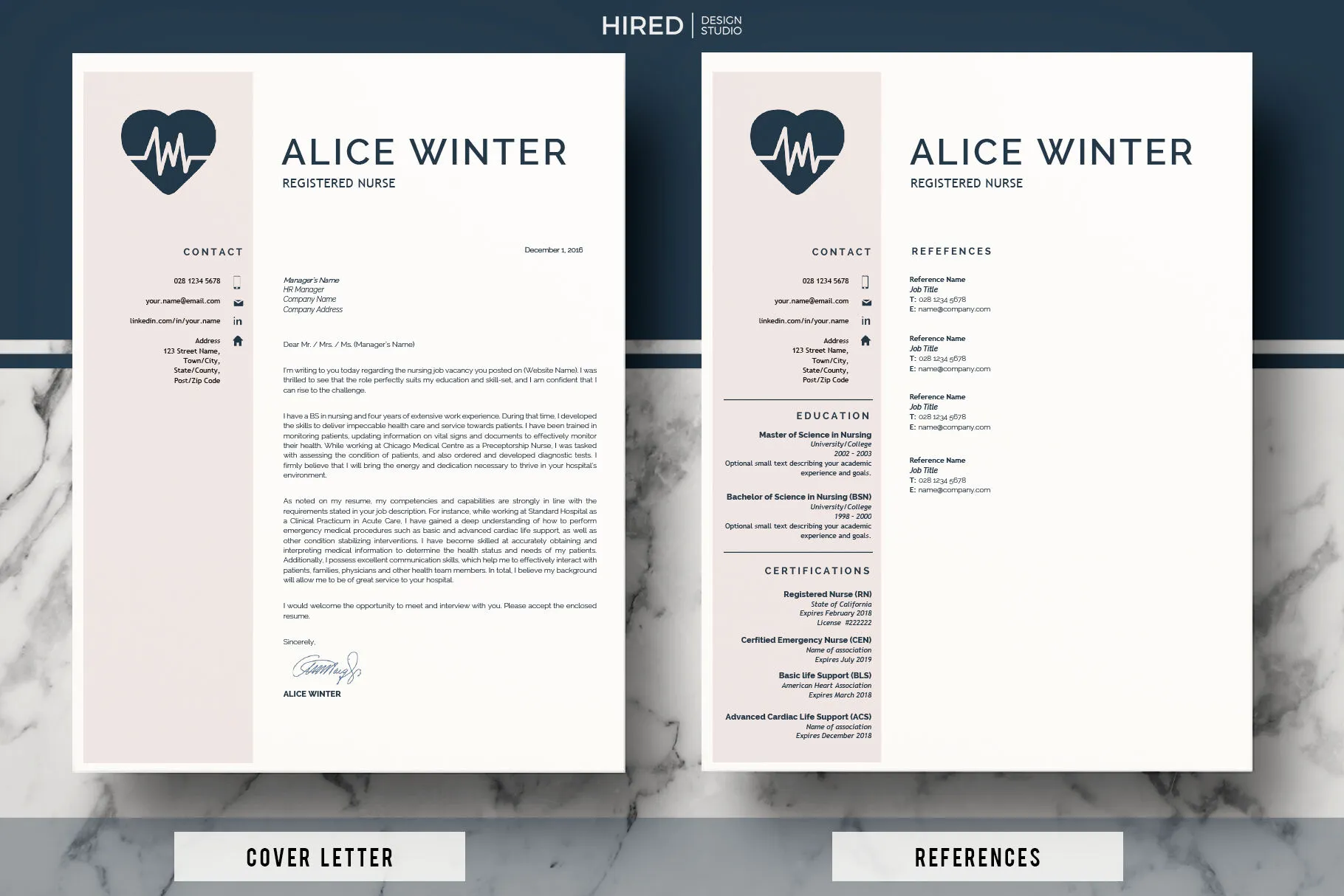
Start your cover letter with your contact information. This section should include your full name, phone number, email address, and professional online profiles (like LinkedIn). Ensure your contact information is accurate and up-to-date. This is the information the hiring manager will use to contact you for an interview. It’s also important to use a professional email address. Avoid using nicknames or unprofessional email handles; a simple format like firstname.lastname@email.com is ideal. This section sets the foundation for your professional image and ensures the hiring manager can easily reach you.
Greeting Address the Hiring Manager
Addressing the hiring manager directly is crucial. If possible, find out the name of the person who will be reviewing your application. You can often find this information on the job posting or by researching the healthcare facility’s website or LinkedIn profiles. Use a formal greeting such as “Dear Mr./Ms./Mx. [Last Name]”. If you are unable to find the hiring manager’s name, use a general greeting like “Dear Hiring Manager” or “Dear [Department Name] Hiring Team.” Avoid generic greetings such as “To Whom It May Concern,” which can make your cover letter seem impersonal and less engaging. Addressing the hiring manager by name demonstrates your attention to detail and genuine interest in the position.
Highlighting Your Skills and Experience
This is the core of your cover letter, where you demonstrate your suitability for the RN position. Briefly summarize your relevant skills and experiences, aligning them with the requirements outlined in the job description. Don’t just list your responsibilities; provide specific examples of how you’ve used your skills to achieve positive outcomes. Focus on what makes you a unique and valuable candidate. Use action verbs to describe your accomplishments and quantify your achievements whenever possible. This section should showcase your professional competencies and highlight why you’re the best fit for the role.
Showcasing Relevant Nursing Skills
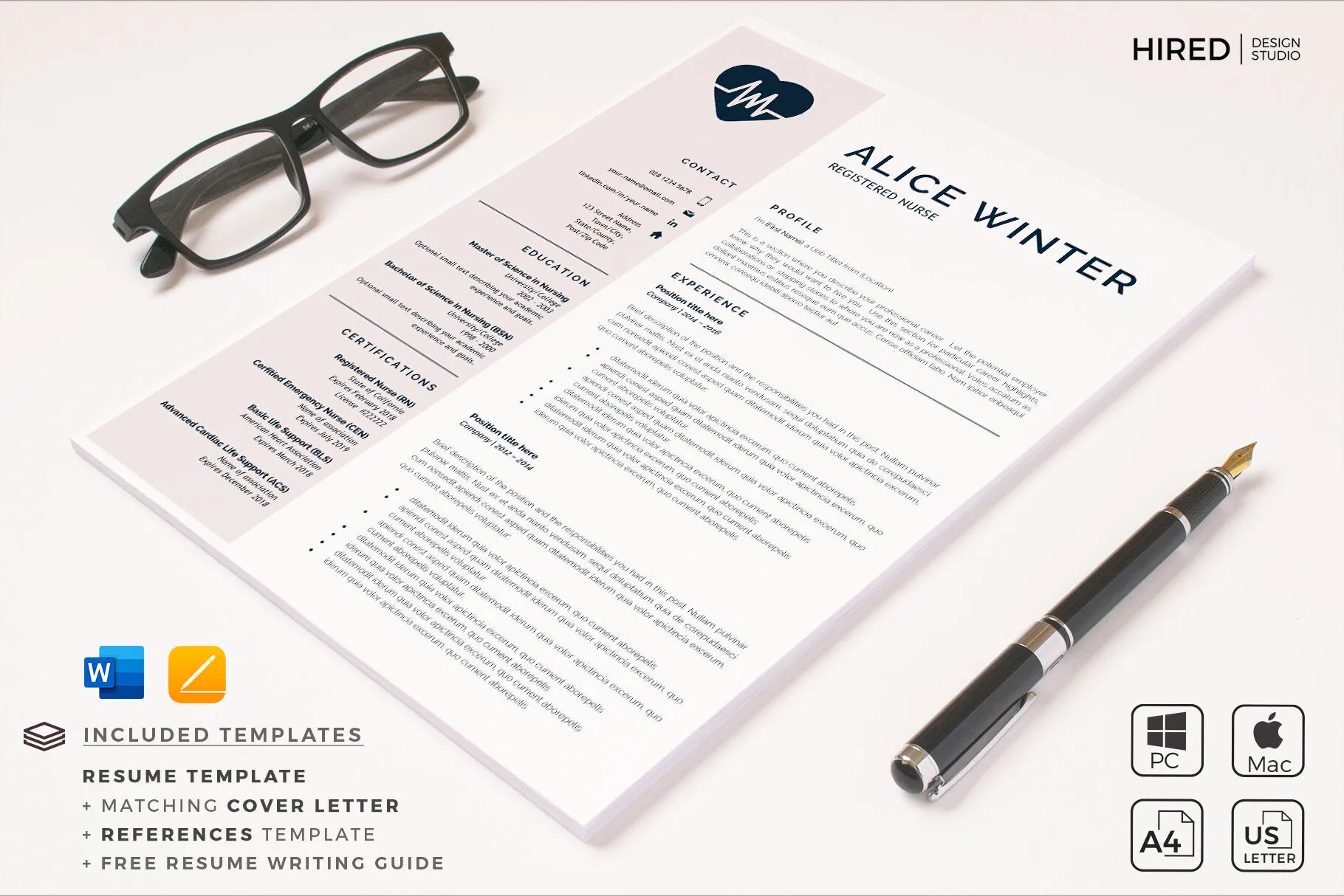
Focus on nursing skills that align with the specific job requirements. These could include patient assessment, medication administration, wound care, critical thinking, electronic health records (EHR) proficiency, and communication skills. Provide concise examples of how you’ve applied these skills in past roles. For example, “Successfully managed patient care for a 10-bed unit, ensuring accurate medication administration and timely interventions.” Or, “Consistently utilized critical thinking skills to assess patient conditions and implement effective care plans.” Emphasizing relevant skills shows your ability to perform the required job duties effectively.
Quantifying Your Achievements
Whenever possible, quantify your achievements to provide concrete evidence of your capabilities. Use numbers and data to demonstrate your impact in previous roles. For example, “Reduced patient fall rates by 15% through implementing improved safety protocols.” Or, “Trained and mentored 5 new RNs, leading to improved team performance and patient satisfaction scores.” Quantifiable achievements make a strong impression on the hiring manager and provide tangible evidence of your contributions.
Expressing Your Passion for Nursing
Share your passion for nursing and what motivates you. This shows your commitment and enthusiasm for the profession. Briefly describe why you chose nursing and what you enjoy most about caring for patients. Explain what aspects of the role interest you and what impact you hope to make in the healthcare facility. For instance, you could state, “I am passionate about providing compassionate, patient-centered care, and I am particularly drawn to [specific area of nursing].” Conveying your enthusiasm creates a connection with the hiring manager and helps you stand out as a dedicated professional.
Images: [nursing-passion.webp]
Tailoring Your Cover Letter to the Job Description
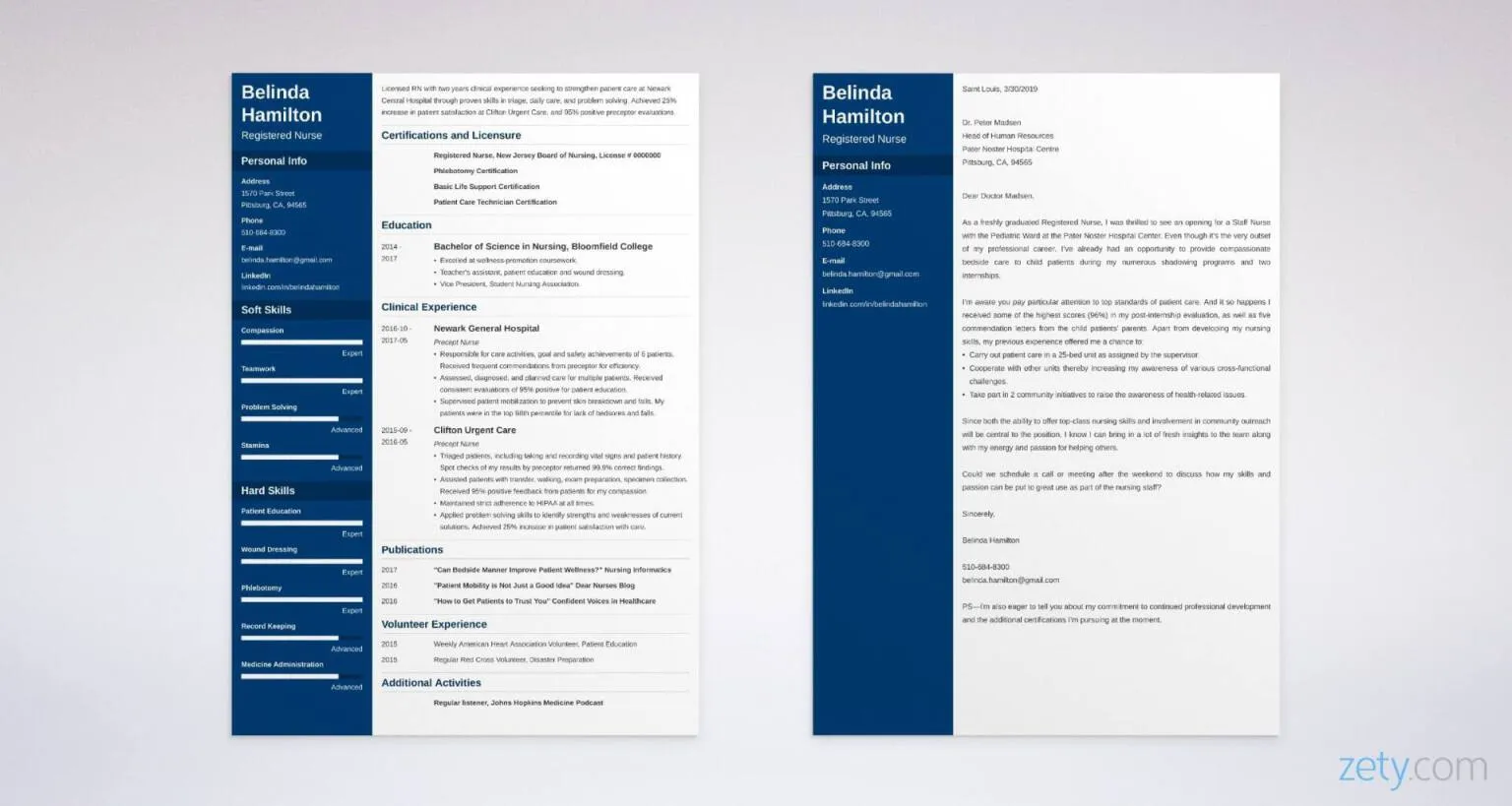
Customize your cover letter for each job application. Review the job description carefully and identify the key requirements, skills, and qualifications that the employer is seeking. Tailor your letter to address these specific needs, highlighting how your experience and skills align with the role’s requirements. Mentioning specific projects, experiences, or skills listed in the job description shows that you have carefully considered the role and are a strong fit. This level of personalization demonstrates your genuine interest and attention to detail.
Researching the Healthcare Facility
Demonstrate your interest in the specific healthcare facility by researching its mission, values, and recent accomplishments. Mentioning specific programs or initiatives offered by the facility shows your awareness of the organization. If possible, connect your goals with the facility’s objectives. For example, you might say, “I am particularly impressed by [Hospital’s] commitment to [specific program or initiative], and I believe my skills in [relevant skill] would be a valuable asset in supporting this mission.” This kind of research shows initiative and an authentic interest in joining the organization.
Demonstrating Cultural Fit
Briefly describe how your values and work style align with the healthcare facility’s culture. Review the facility’s website, social media, and any available information about its values. This shows you’re not just seeking a job but also seeking a good fit within the organization. For example, you might mention, “I am drawn to [Hospital’s] emphasis on teamwork and patient-centered care, which aligns with my own values.” Showing a cultural fit is important because it indicates that you understand the work environment and can work seamlessly with others.
Formatting Your RN Cover Letter
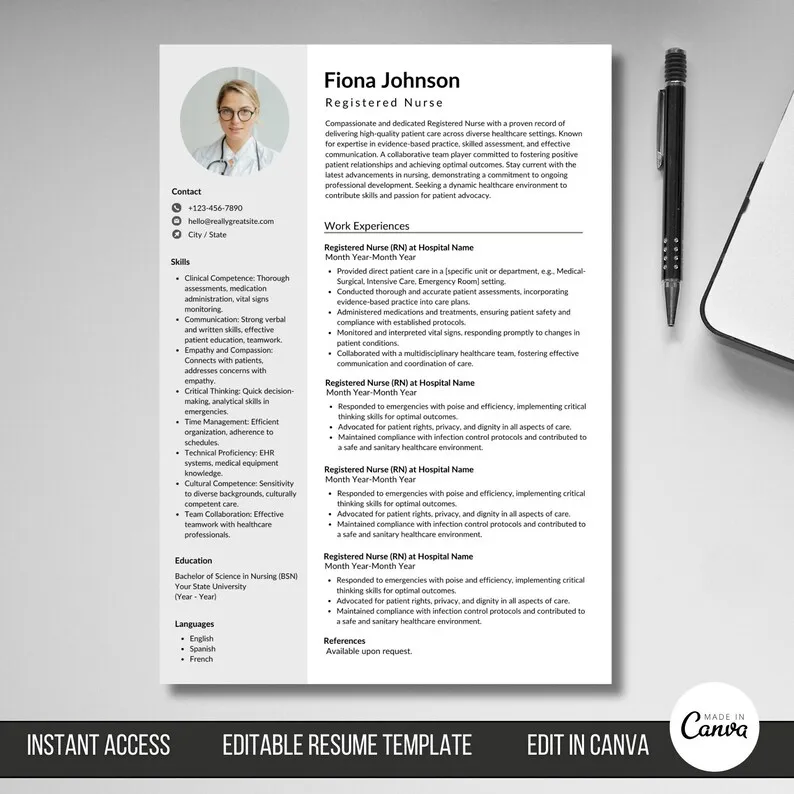
Proper formatting is key to making your cover letter readable and professional. Use a clean, easy-to-read font like Times New Roman, Arial, or Calibri in a standard size (11 or 12 points). Ensure your letter is well-structured with clear paragraphs and headings. Use single spacing within paragraphs and double spacing between paragraphs. Maintain a consistent style throughout the document. Formatting helps to convey professionalism and make your cover letter easy for the hiring manager to read and understand.
Cover Letter Length and Style
Keep your cover letter concise, ideally no longer than one page. The focus should be on the most relevant skills and experiences. Write in a professional but approachable tone. Use clear, concise language and avoid overly complex sentences. Proofread carefully to catch any grammatical errors or typos. The goal is to present your qualifications in a clear, engaging, and professional manner.
Proofreading and Editing Ensuring Perfection
Proofreading and editing your cover letter is essential to ensure that it’s free of errors. Mistakes, no matter how small, can undermine your credibility and make you look unprofessional. Read through your cover letter multiple times, looking for grammatical errors, typos, and formatting inconsistencies. Ideally, have someone else review your letter as well. A fresh pair of eyes can often catch errors that you might miss. Proofreading ensures your professionalism and attention to detail.
Images: [proofreading-editing.webp]
Common Mistakes to Avoid in Your RN Cover Letter
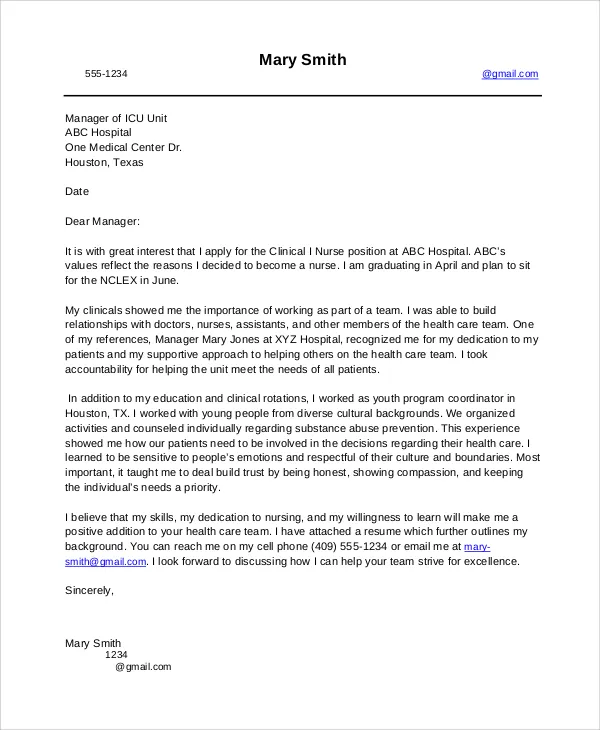
Avoiding common mistakes can greatly improve your cover letter’s effectiveness. Errors can make you appear careless or uninterested, and reduce your chances of an interview. Be aware of these pitfalls and make an effort to avoid them in your application.
Generic Cover Letters
Avoid using a generic cover letter that you send to every job application. Tailor your cover letter to each specific job and healthcare facility. Generic letters do not demonstrate that you have taken the time to understand the role and the organization’s needs. Hiring managers can easily spot generic letters. Personalize your cover letter to show that you are genuinely interested in the specific position.
Typos and Grammatical Errors
Typos and grammatical errors can create a negative impression. They suggest a lack of attention to detail and can damage your credibility. Proofread your cover letter thoroughly before submitting it. Use spell-check and grammar-check tools, but don’t rely on them entirely. Read your letter aloud to catch any awkward phrasing or unclear sentences. Having a friend or career counselor review your letter is a helpful option.
Exceeding the Recommended Length
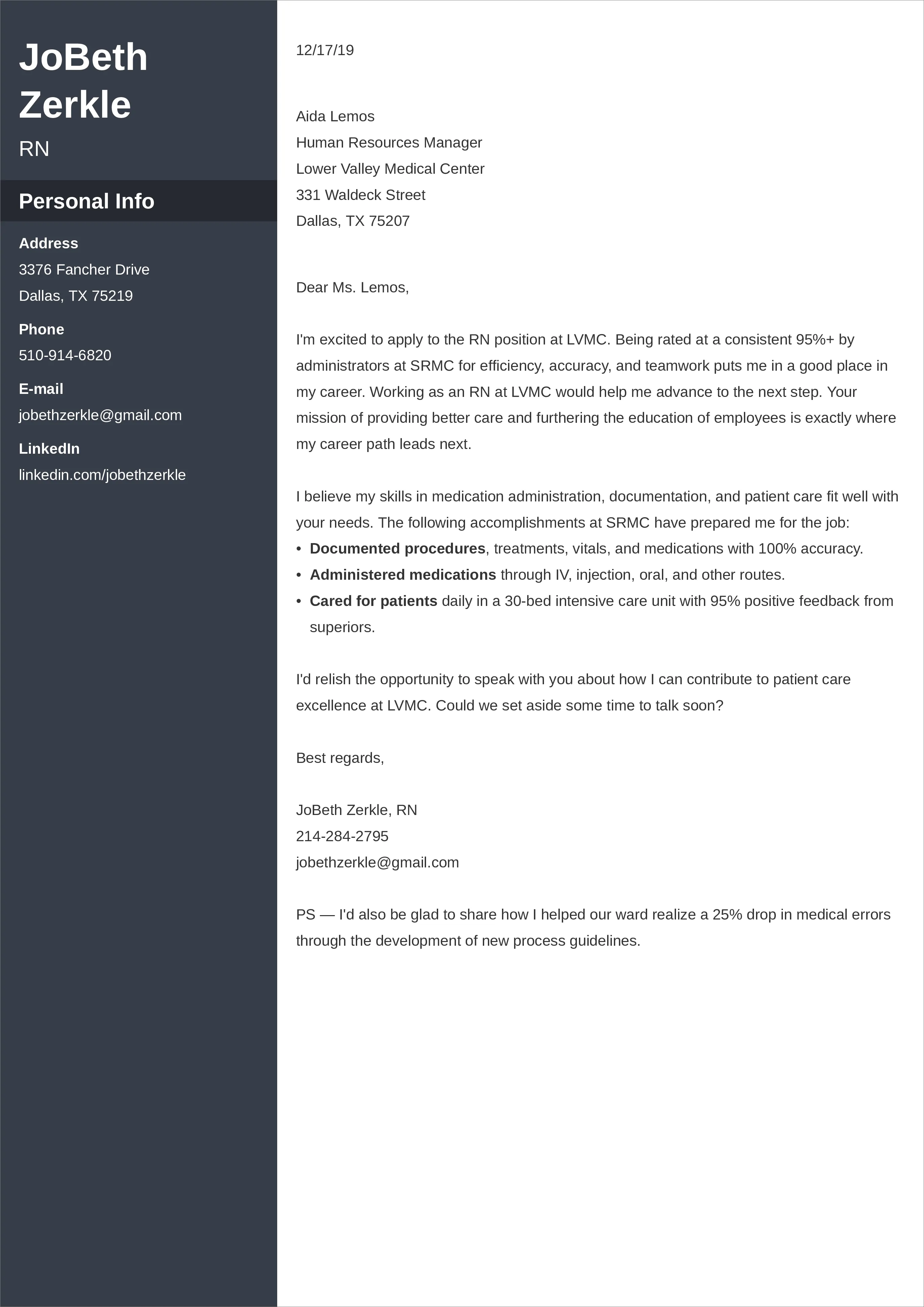
Keep your cover letter to one page. Hiring managers are busy and may not have time to read long, rambling letters. Focus on the most relevant skills, experiences, and achievements. Be concise and to the point. A well-crafted, brief cover letter is far more effective than a lengthy one.
Examples of Effective RN Cover Letters
Reviewing effective cover letter examples can provide valuable insight into writing a compelling cover letter. Analyze different styles and content to find an approach that suits your experience and the specific job. Use these examples as inspiration, adapting them to your own circumstances and the job description. Remember, a well-written cover letter is a powerful tool in your job search arsenal.
RN Cover Letter Example 1 New Grad
A new graduate cover letter should focus on your educational background, clinical rotations, and any relevant experiences. Highlight any certifications, volunteer work, or leadership roles. Emphasize your enthusiasm to learn and your willingness to contribute to the team. For example, you can describe your clinical experiences and any awards you received, demonstrating your commitment to patient care. Include a strong statement about your passion for nursing and your eagerness to start your career.
Images: [new-grad-cover-letter.webp]
RN Cover Letter Example 2 Experienced Nurse
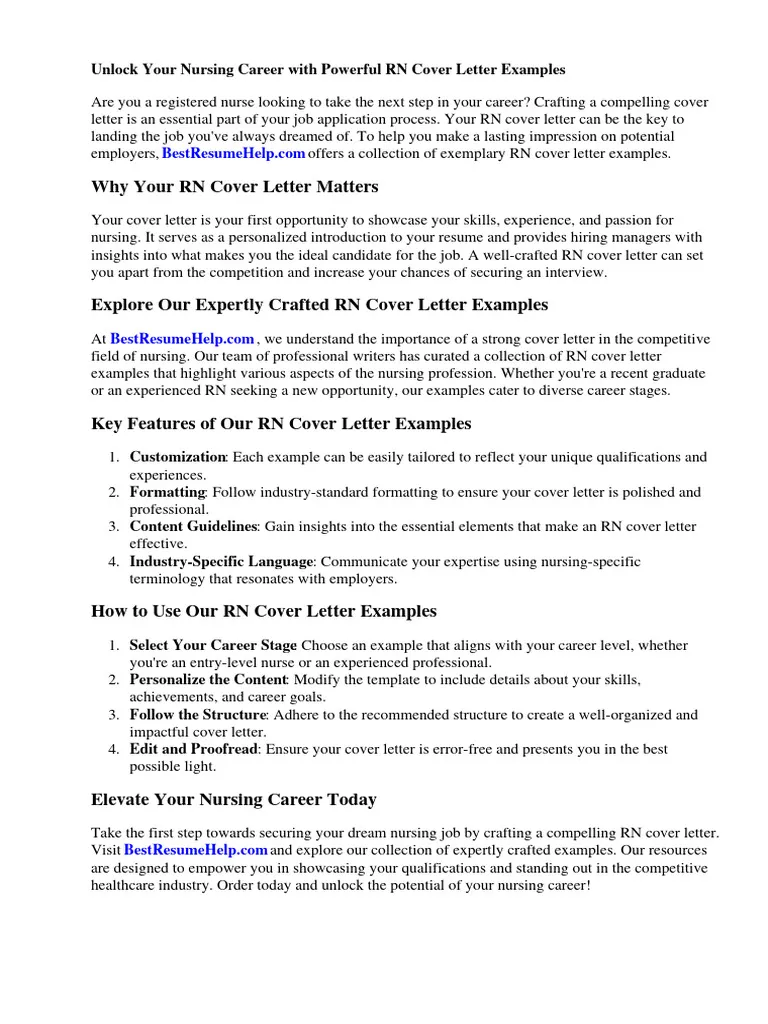
An experienced nurse cover letter should highlight your professional experience and accomplishments. Quantify your achievements, and provide specific examples of how you’ve improved patient outcomes or contributed to team success. Showcase your leadership skills and any specialized certifications. For instance, you can mention your experience in a specific specialty, the number of patients you’ve cared for, or how you improved patient satisfaction scores. Emphasize what makes you a strong fit for the role, based on your past successes.
Images: [experienced-nurse-cover-letter.webp]
Final Thoughts Crafting Your Cover Letter
Crafting a compelling cover letter is a key part of the job application process. Your cover letter provides a valuable opportunity to connect with the hiring manager and to highlight why you are the ideal candidate for the RN position. Take the time to tailor your letter to each job application, highlight your skills, and showcase your passion for nursing. Follow the guidelines above, and you’ll be well on your way to creating a cover letter that secures you an interview. Good luck with your job search!
